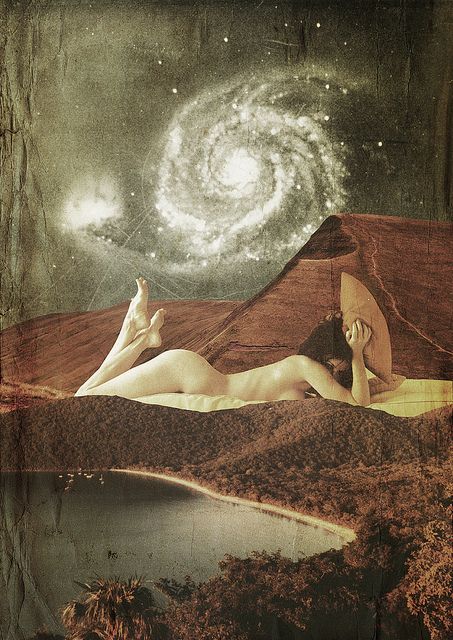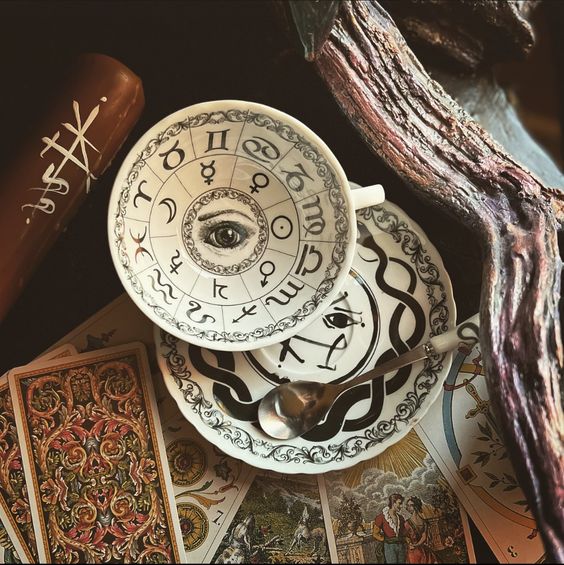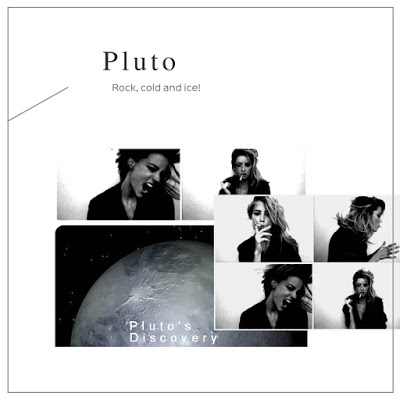
The Nitty Gritty of Astrology
 Astrology has many uses today. It can be used in a generalized fashion, or in a more specialized way. The subject can bring up the most intriguing questions relating to what motivates us, what makes us feel and act in certain ways, and how we create a sense a self. Deeper awareness in these areas can lead us to self-knowledge, a better understanding of human nature, improved relationships, and increased effectiveness in the world. In short – astrology can make a real difference to our life. Some of the earliest psychologists thought that human beings were born a “blank slate” ready to be written on by family and environment. Astrology strongly rejects this idea and believes that we are already born with a set of characteristics, pre-set at birth. However, this doesn’t mean that we are not influenced by our nurturing in the early years and it may have a profound impact on some of our already existing characteristics.
Astrology has many uses today. It can be used in a generalized fashion, or in a more specialized way. The subject can bring up the most intriguing questions relating to what motivates us, what makes us feel and act in certain ways, and how we create a sense a self. Deeper awareness in these areas can lead us to self-knowledge, a better understanding of human nature, improved relationships, and increased effectiveness in the world. In short – astrology can make a real difference to our life. Some of the earliest psychologists thought that human beings were born a “blank slate” ready to be written on by family and environment. Astrology strongly rejects this idea and believes that we are already born with a set of characteristics, pre-set at birth. However, this doesn’t mean that we are not influenced by our nurturing in the early years and it may have a profound impact on some of our already existing characteristics.
Astrology is ‘the word of the stars’ – from the Greek astra (star) and logos (word). Many people find the technical terms of the astrological language difficult to understand in the beginning, and especially the calculations. Though, this has been made much easier since the introduction of the computer. Astrology has a long and rich history and a challenging one. No one has to ‘believe’ in astrology, and it is something which requires ‘individual’ investigating by the student. Jung, Issac Newton, Hippocrates, Plato, Augustus, Goethe, Hadrian and other intelligent minds have approached the subject, experimented, analyzed and come to the conclusion that it really works.
Astrology is basically founded on ‘observations’ over the centuries, and its depth still remains much of a hidden science. It is often assumed that the simplistic Sun-sign astrology found throughout newspapers and magazines is all there is to this complex study of the planets. Astrology has evolved over thousands of years and continues to grow as we gain new insights into understanding human nature; the patterns and laws of the universe, and a greater understanding of the celestial picture.
Astrology is the study of the relationship between events on earth and the influence of the planets. We could say it’s part science, in that it incorporates the physically observable movement of the planets and part art, because of its heavy use of symbolism and interpretation. There is also a psychological aspect to astrology, and people consult astrologers to make sense of their lives. Astrology reveals an individual’s personality and we make some attempt to connect our experiences with the wider universe. The famous psychiatrist C.G. Jung developed his theory of synchronicity of an essential pattern at work, and meaningful events occurring when the timing is right, and astrology follows much of this train of thought.
A horoscope or astrological chart is a map showing the positions of the sun, moon and planets along the circular path of the zodiac (in Greek = “the path of the animals”) in relation to a particular time and place on earth. The zodiac is a circular strip of the sky like a hat-band, straddling the apparent path of the Sun (the ecliptic is the white line that defines the middle. Although there are other ways of drawing up such a map, the form most people are familiar with, at least in the West, is that of a circle with geometrical divisions, containing the planets. ASTROLOGY (COMPASS OF MIND)







 Material Mysteries: Pluto in the 2nd House, According to Astrological Research
Material Mysteries: Pluto in the 2nd House, According to Astrological Research
 Signs You’re a Plutonian (Part 2)
Signs You’re a Plutonian (Part 2)
 Moon Trine Mars Natal Aspect
Moon Trine Mars Natal Aspect
 Uranus Transits the 4th House: The Chaotic Path to Personal Inner Growth
Uranus Transits the 4th House: The Chaotic Path to Personal Inner Growth
 Taurus: Psychology
Taurus: Psychology
 Sun Square Pluto Natal Aspect: I Am Titanium
Sun Square Pluto Natal Aspect: I Am Titanium
 Sun Conjunct Pluto Synastry: Enlightening or Annihilating
Sun Conjunct Pluto Synastry: Enlightening or Annihilating
 Venus Trine Saturn Synastry
Venus Trine Saturn Synastry
 Moonlight Psychology
Moonlight Psychology
 Sun Square Pluto Synastry: You’ve Got That Power Over Me
Sun Square Pluto Synastry: You’ve Got That Power Over Me
 Pluto’s Discovery and Astronomical Features
Pluto’s Discovery and Astronomical Features
 Jungian and Freudian Astrology: Part 1
Jungian and Freudian Astrology: Part 1
 Mars-Pluto Synastry: Something Quite Dark and Dangerous
Mars-Pluto Synastry: Something Quite Dark and Dangerous
 Pisces Fish Symbol Meaning
Pisces Fish Symbol Meaning
 Pluto: 13 Dark Truths
Pluto: 13 Dark Truths
 The Differences Between Synastry and Composite Charts!
The Differences Between Synastry and Composite Charts!
 Mars Conjunct Pluto Synastry
Mars Conjunct Pluto Synastry
 By Jove!
By Jove!
 Saturn Conjunct Pluto Natal Aspect
Saturn Conjunct Pluto Natal Aspect
 Neptune in the 1st House
Neptune in the 1st House